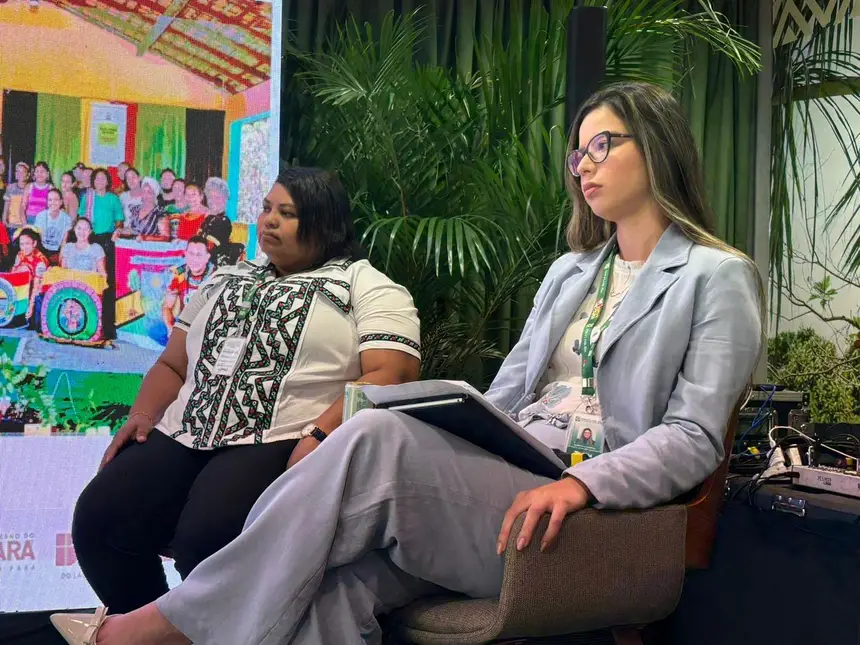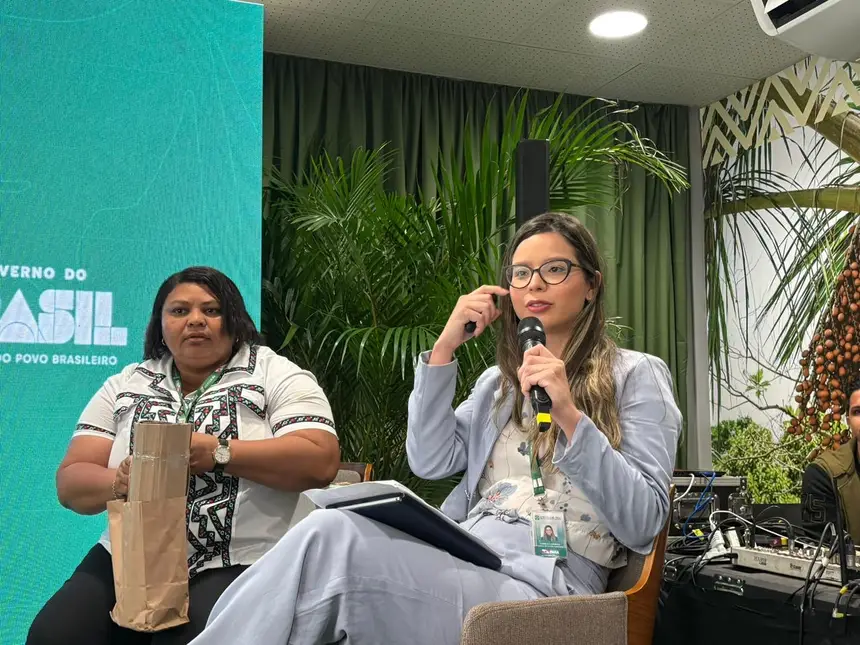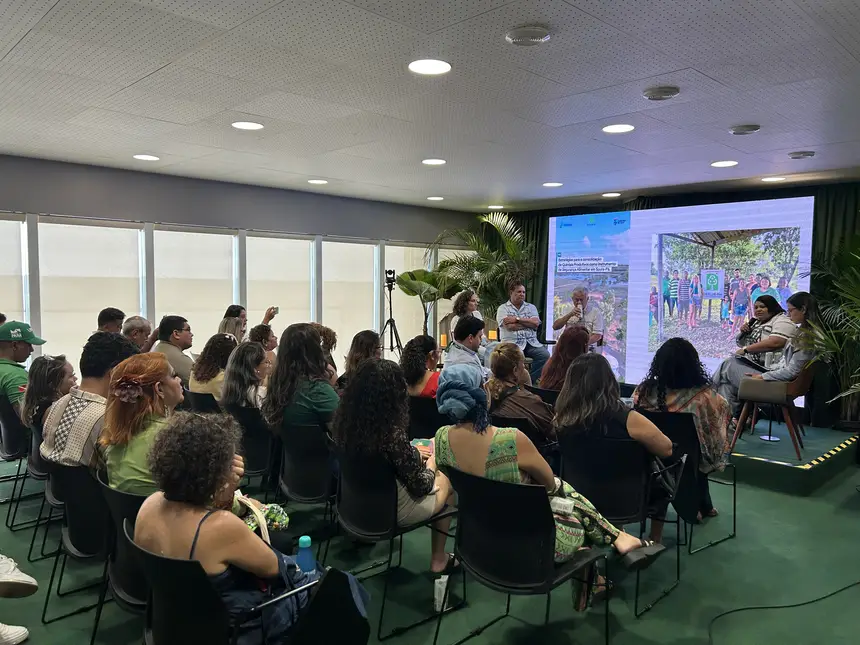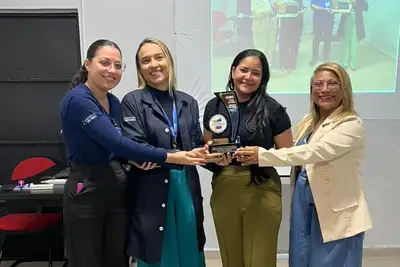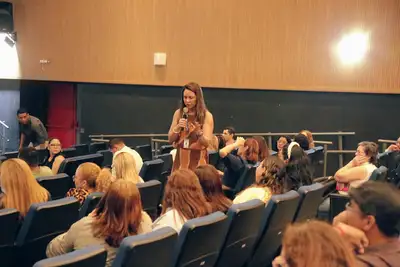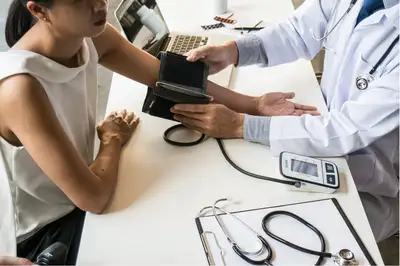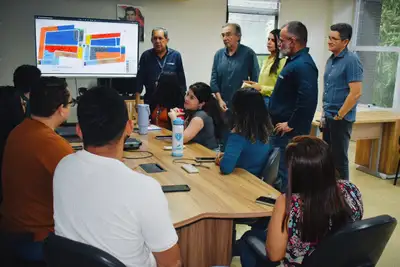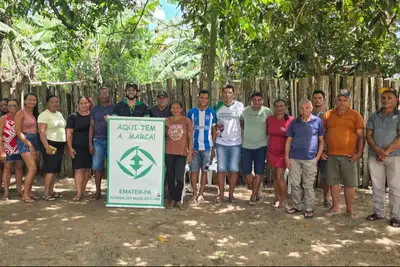Productive backyards inspire food security policies at COP30
In Soure, Marajó, where the project started, there are about 7,900 families. The goal is to expand the project to six other municipalities in the region.
The Institute for Forest Development and Biodiversity (Ideflor-Bio) presented, this Tuesday (18), at the Pará Pavilion, in the Green Zone of COP30, the panel "Strategies for the Consolidation of Productive Backyards as a Food Security Instrument in Soure–PA." The discussion brought together specialists, public managers, and institutional partners to discuss ways to strengthen agroecological production and the sustainable use of backyards as an alternative for income generation and improving the quality of life for Marajoara families.
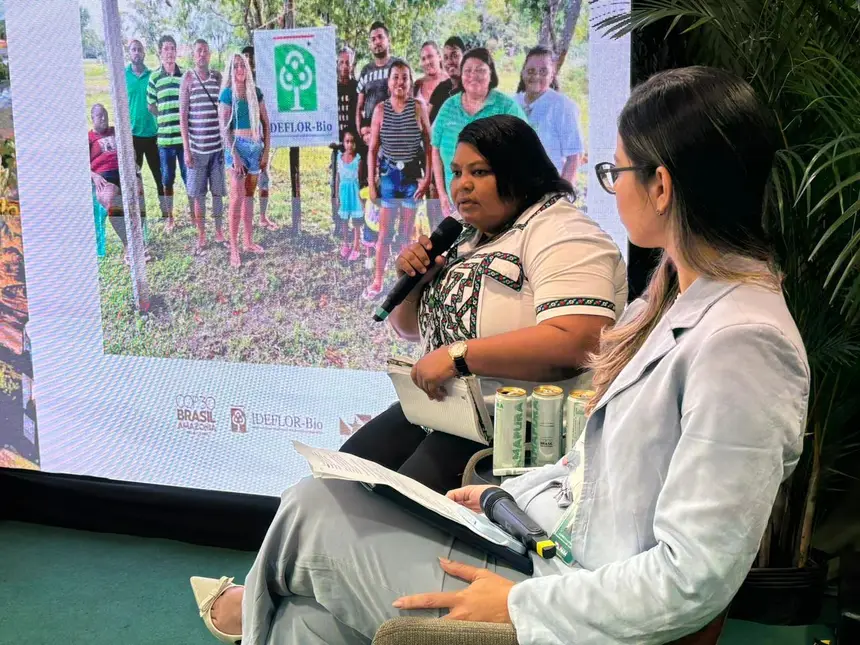
The manager of the Eastern Marajó Regional Office of Ideflor-Bio, Osiane Barbosa, highlighted the strategic importance of the project for the territory and its potential for social transformation. "Society is moving forward, and we need to wake up to the details in choosing the projects we develop. Productive backyards are, for me, the apple of our regional office's eye," she stated.
According to her, in addition to contributing to environmental monitoring and nature tourism — natural vocations of Marajó — the initiative represents a concrete income alternative for many families.
Osiane Barbosa also emphasized that in Soure, Marajó, where the project was initiated, there are 7,953 families. Of these, 100 are already participating in the project, which is expected to reach six other municipalities in the region. The goal, the manager revealed, is to evolve from a project to a structured food security program, aimed at school meals, local markets, and, in the future, reaching Ceasa in Belém with healthy food produced in the municipalities involved.
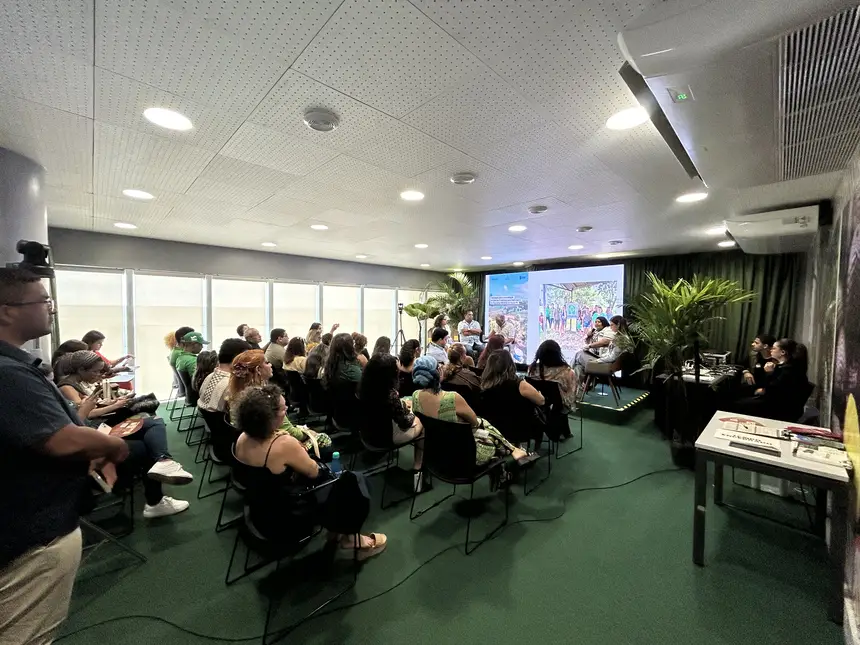
Partnership - The Secretary of the Environment of Soure, Rubens Figueira, reinforced the value of institutional partnership and the openness promoted by COP30 to build joint solutions. "I want to thank for the opportunity to present this panel for discussion. Listening, learning, seeking knowledge, and debating productive backyards is already very valuable in itself. Discussing the environment together is always a good action," said the secretary, highlighting that the initiative integrates the municipal agenda of strengthening sustainable practices and supporting rural communities.
The representative of Fundación Avina, Lana Lina, emphasized that productive backyards are consolidating as fundamental tools for climate adaptation, food autonomy, and community leadership — principles aligned with the global commitments discussed at COP30. For her, initiatives like the one in Soure enhance families' capacity to produce their own food sustainably, strengthening local economies and reducing social vulnerabilities.
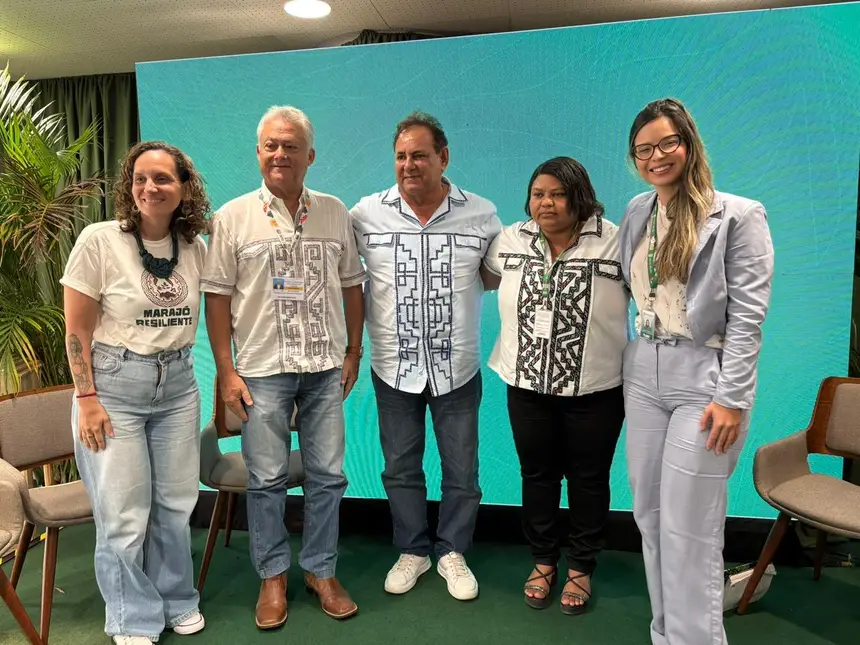
Food security - The panel also reinforced the convergence between public policies, partner organizations, and rural communities in Marajó in building a sustainable food security model. With the advancement of the project and its possible evolution into a regional program, Ideflor-Bio and partners envision a future where productive backyards become engines of social development, environmental conservation, and economic autonomy for Marajoara families — showing at COP30 that local solutions can generate global impacts.
The representative of the Federation of Agriculture and Livestock of Pará (Faepa), Hildegardo Nunes, highlighted the importance of integrating technical knowledge and traditional practices to enhance results. He recalled that productive backyards are, historically, spaces for diversified cultivation, family management, and production of healthy food, and that the consolidation of this policy requires continuous technical support, community organization, and articulation with consumer markets.


